Our Programs
12 wks - 12 mos
Infants Program
12 mos - 24 mos
Toddlers Program
24 mos - 36 mos
Twos Program
Teachers will plan activities to help your child to develop key skills like hand-eye coordination and independence.
36 mos - 48 mos
Threes Program
Additional Programs
Voluntary Pre Kindergarten Program
SHUMPS offers the Florida Voluntary Pre-Kindergarten (VPK) program to all eligible four-year-olds. Our VPK classes are offered Monday through Friday, 8:30am-11:30pm. We also offer wraparound options for working parents. Your child will learn academic concepts of literacy and math, such as counting, coloring, and letter recognition and developing large and fine motor skills.
After School Program
This program is designed to serve children up to 12 years old. We offer after school care and pick up children from Seminole Elementary school. We also offer full-day care during winter, spring, and summer breaks.
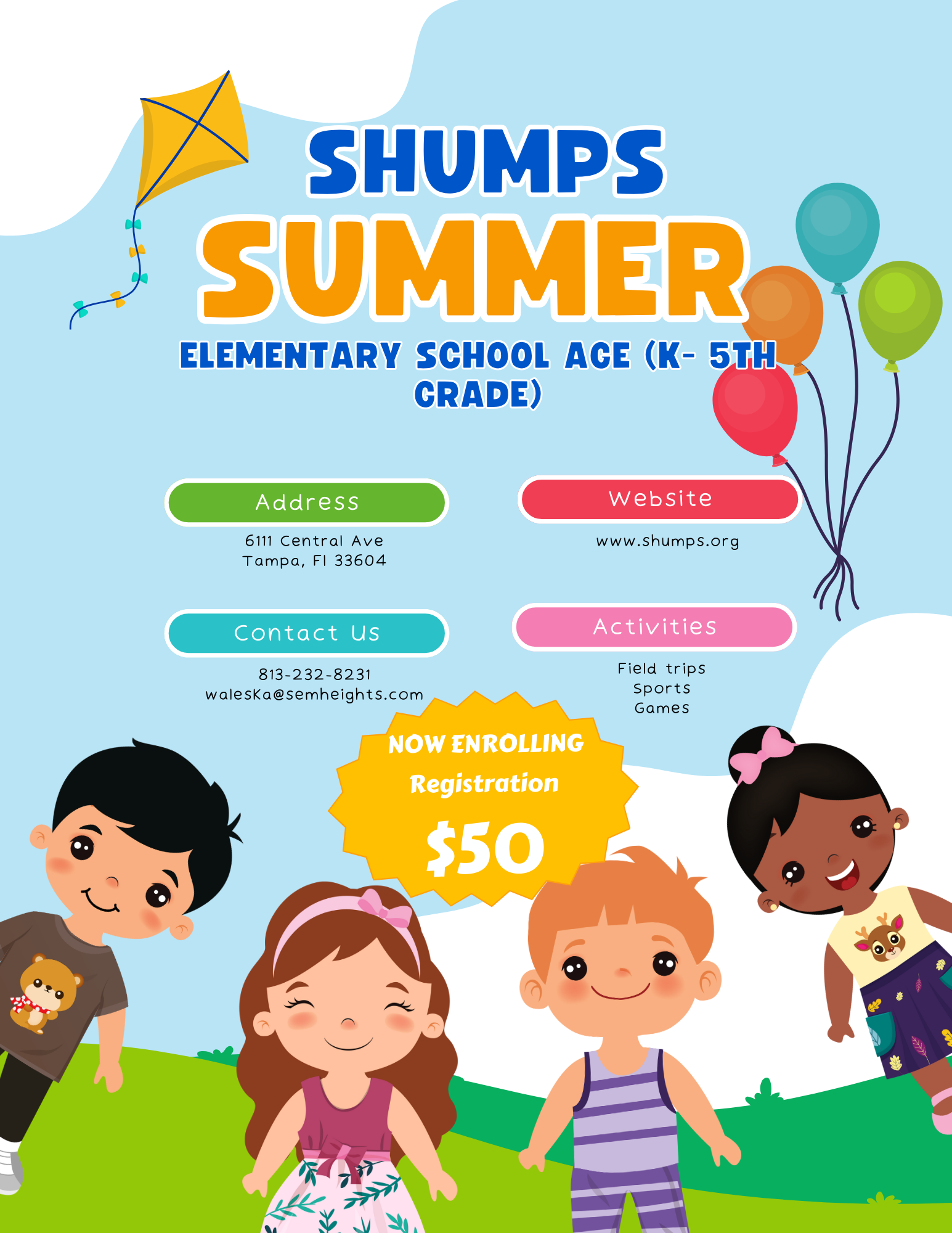
Summer Camp
We provide quality summer camp for Elementary School Age children. We make sure that your child have fun during the summer with hands-on activities, field trips and theme events.
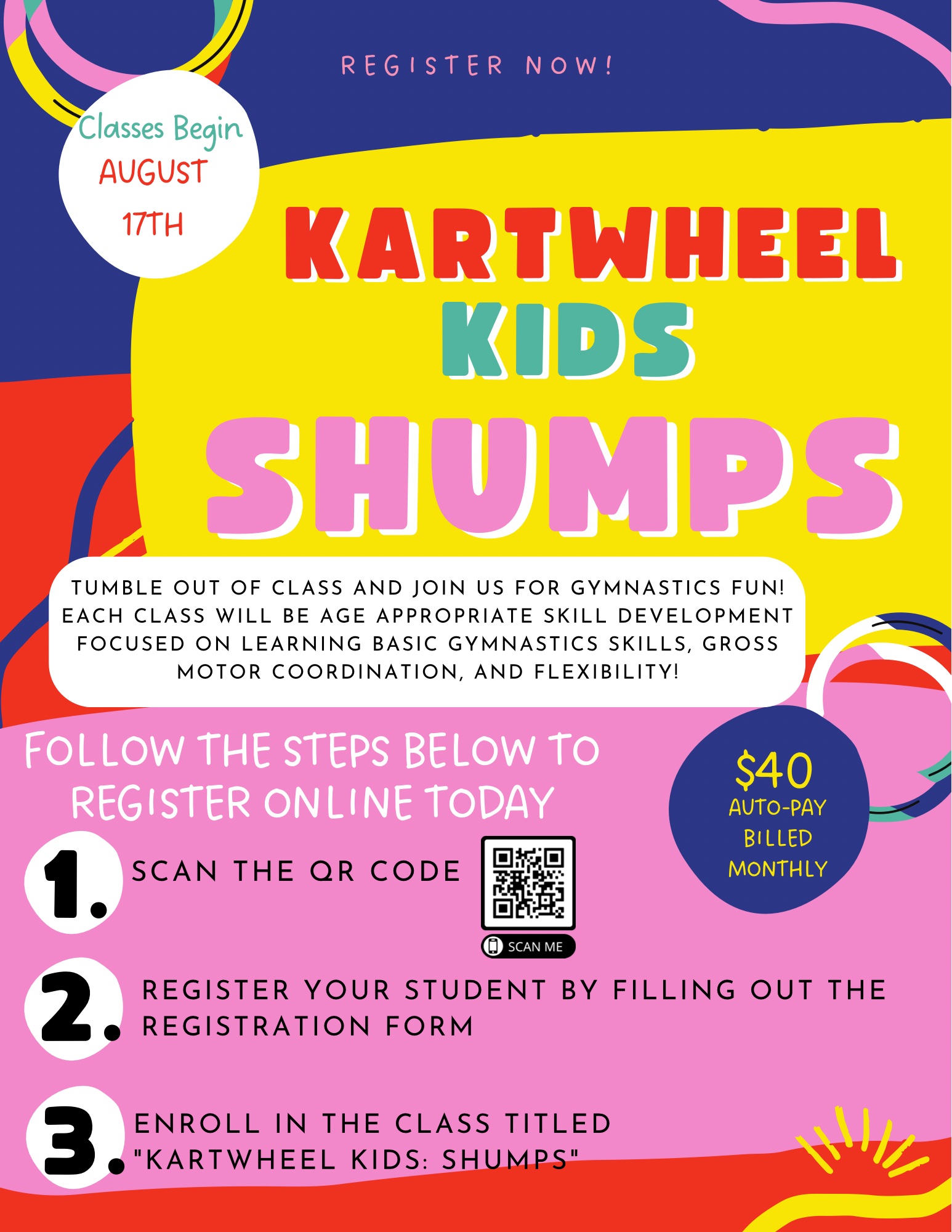
Extra-Curricular Activities
Amazing Athletes and Gymnastic Classes are parent fee paid sport and exercise programs for our Twos through VPK children.
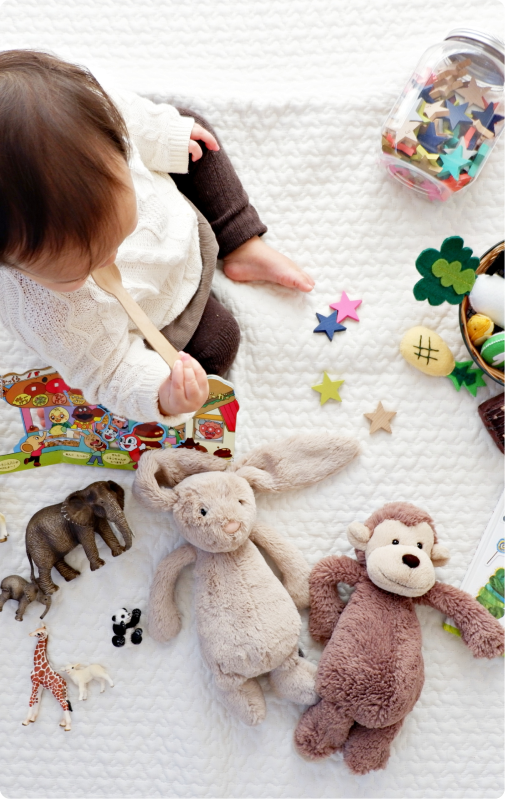
Child Development and Assessments
ASQ, ASQ-SE and Florida Star Assessment are the developmental screening tools used by SHUMPS.
Ages and Stage Questionarie (ASQ) and Ages andStages Social Emotional (ASQ-SE)
The developmental screening tools that pinpoints developmental progress in children between the ages of one month to 5 ½ years. It screened Communication, gross motor, fine motor, problem solving, and persnal-social areas
Florida Assessment of Student Thinking (FAST) Star Early Literacy
Used with the VPK Program to assess student achievement of the performance standards established in early literacy and mathematics.
Curriculum
Our curriculums help children build the skills and knowledge they need to be successful in school and focus on social, emotional, and physical development. Is often taught through play-based learning experiences.
SHUMPS uses Frogstreet Curriculum from Infants through Four Years Old Classroom.
Emotional
to help children develop self-confidence, independence, self-control, and a positive attitude toward life.
Physical
to help children increase their large and small muscle skills and develop confidence in what their bodies can do.
Intellectual
to help children become confident learners by providing opportunities to experience success and develop learning skills through problem solving, asking questions, and using words to describe their ideas, observations, and feelings.
Social
to help children feel comfortable in school, build trust in a new learning environment, develop friendships, and feel they are part of the group.
General Curriculum Areas
We use a variety of materials so the child may experience the joy of creating by cutting, gluing, coloring and painting.
Art may also be used for instructive purposes such as identification of shapes, learning to follow oral instructions, sequencing steps and learning various skills, such as cutting and pasting. Activities are geared to the child’s level, and are concerned with the process of creating instead of the final product.
A variety of science materials will be out for exploration by the child in learning centers and books.
Science study increases vocabulary and general knowledge, encourages curiosity, helps the child discover natural laws, and helps the child become more aware of his/her surrounding world.
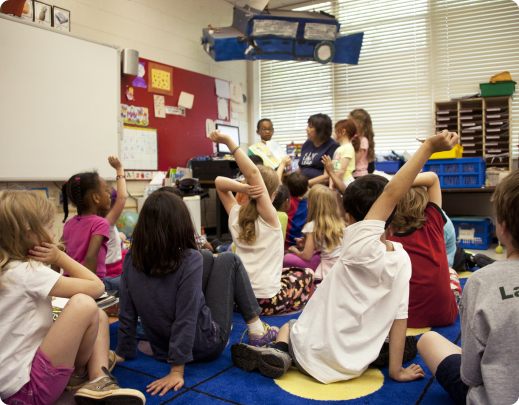
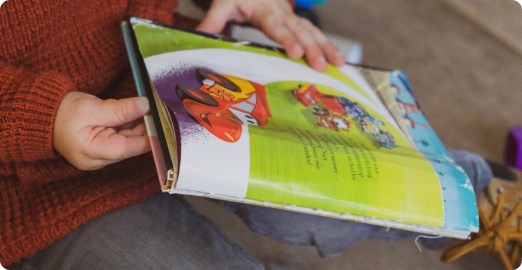
Music is used to express emotions, reinforce subject material, and as a source of joy.
We use tapes, CD’s, records, rhythm instruments, scarves, ribbon sticks, singing, clapping, and body movement.
Through manipulative table toys, games, and other activities, small muscle coordination grows.
A variety of small motor toys are offered and changed weekly to coordinate with the weekly theme.
Children received large muscle coordination through outside play, going for walks, or indoor play in the room.
Depending on the weather children are offered large muscle play two times a day.
